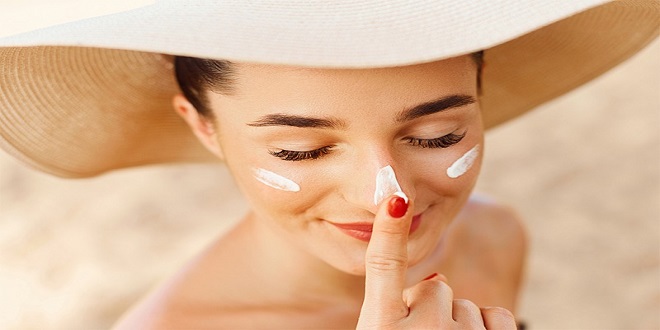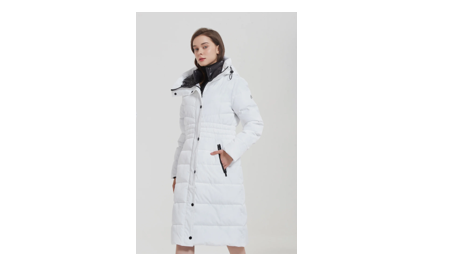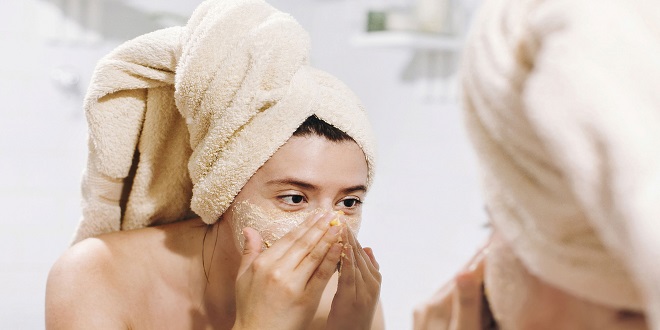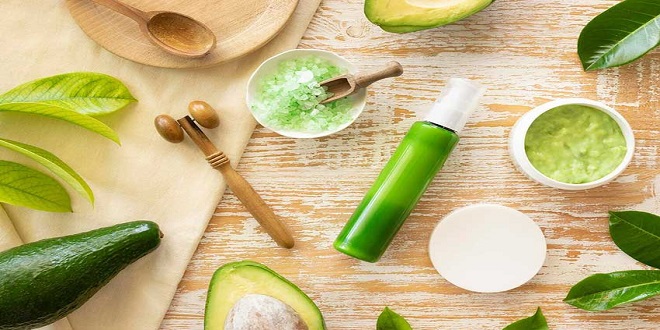Why You May Still Get Tan When Using Sunscreen

There are many reasons why you may still be getting some tan despite diligent use of sunscreen. One likely cause is the fact that even the best of sunscreens still let some sun rays through. A high SPF number is not about better or deeper protection, but only longer protection an SPF 30 means you can stay in the sun 30 times longer than it would normally take you to get a slight burn. For most skin types that would provide over 18 hours of sun exposure without getting sunburned. That’s impressive, but it is also only a measure of the length of time the protection lasts
How High Should You Go?
If SPF 70 doesn’t give you significantly better protection (as seen from the chart above), why do many dermatologists recommend using higher SPF numbers then necessary? After all, we know that an SPF 70 can give about 700 minutes of protection (assuming you aren’t swimming or sweating) and that even in Alaska during the summer solstice you are not going to get that much exposure to the sun.
The answer has to do with application. Because most consumers don’t apply sunscreen liberally, they aren’t getting optimal protection, or even half of what the label indicates. A higher SPF number means there have to be more sun-protecting ingredients in the product so that even if you don’t apply it liberally you would be depositing more sunscreen ingredients on the skin. It is a logical approach with a caveat: More sunscreen ingredients can prove to be more irritating, especially for the face.
SPF-Rated Clothing
After you’ve dressed in the morning and because you take great care of your skin, you apply a well-formulated sunscreen to the areas of your body that will be exposed to the sun. You are confident that the parts of your body covered by clothing are protected from the sun and therefore don’t need sunscreen.
Think again. Just because some of your body is under wraps doesn’t mean it is protected from sun damage. While clothing can be an excellent form of sun protection, if the fabric is sheer, lightweight, or has any transparency (meaning it lets daylight through) it also lets the sun’s damaging rays through.
The most important determinant is tightness of the weave. Fabric type is less important. Thickness is also less important than regular weave. Protection drops significantly when the fabric becomes wet. Color plays a minor role with dark colors protecting [slightly] better than light colors. A crude test of clothing is to hold it up to visible light and observing penetration.
How Long Do Sunscreens Last?
How long does sunscreen last in the container? Should you throw it away after a year or two if you haven’t used all of it? Sunscreens don’t last forever, on your skin or in the bottle. The FDA considers sunscreens to be over-the-counter (OTC) drugs, meaning they are subject to much more stringent guidelines and regulations than cosmetics.
According to the FDA’s OTC regulations, sunscreens should be stamped with an expiration date if they have less than three years of acceptable stability testing. If they do have three years’ worth of acceptable stability testing they do not need to be stamped with an expiration date.
That confusing bit of legislation makes the expiration date almost impossible for the consumer to understand. In the long run, you will do best to look for a sunscreen product that is stamped with an expiration date so you know how long it has been on the shelf, although those without expiration dates are not a problem in terms of meeting FDA guidelines.
Sun Protection for Different Skin Types
Many cosmetics lines sell an endless array of cleansers, toners, anti-wrinkle treatments, eye creams, throat creams, face creams, and facial masks yet never mention the indispensable need for regular, consistent use of a sunscreen. Almost every line does have “sun-care” products, but they are often promoted separately from the “daily care” routines.
I’ve personally spoken to hundreds and hundreds of cosmetics salespeople about their products and repeatedly found a gross lack of information about sun protection. I’m always told how important moisturizers, eye creams, serums, toners, cleansers, and eye-makeup removers are, but almost never do I hear about the value of daily sunscreen use.





